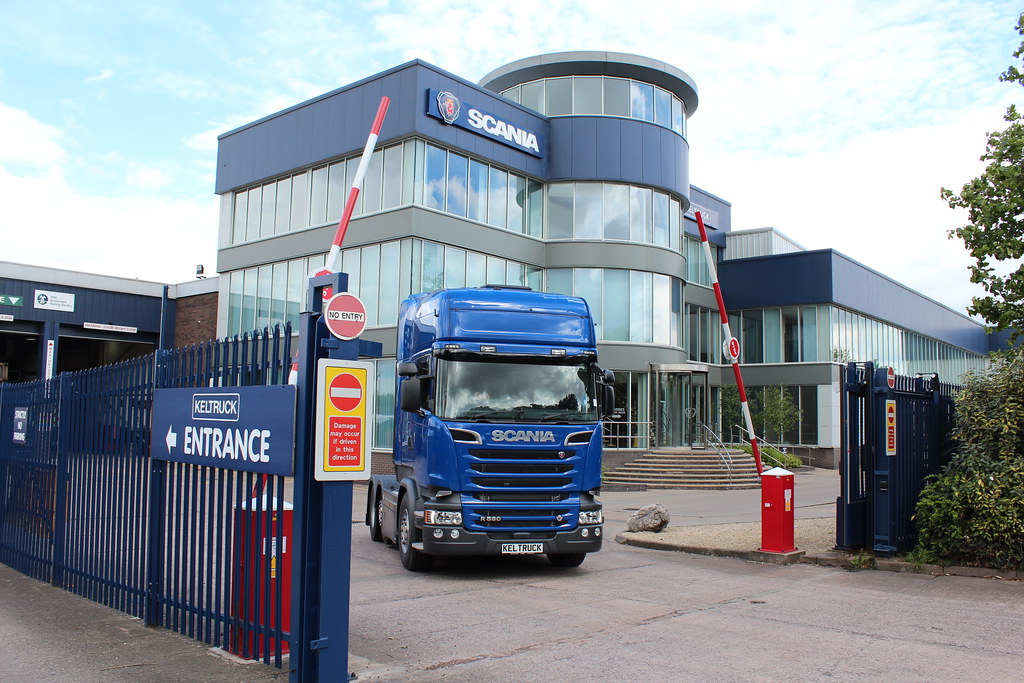
Scania is working on minimizing the company’s global workforce due to global pandemic crisis along with other issues.
“The Coronavirus crisis had led to a sharp decline in revenues,” Scania announced on 1 June 2020.
“Although it is currently not possible to forecast the length and severity of how the crisis will affect Scania’s business operations, it is expected that the demand for its products will remain lower for some time. Therefore, Scania plans to globally reduce its workforce. The crisis has prompted the need for a broad review of the number of consultants and employees, as well as structurally re-examining selected parts of its industrial and commercial operations.”
The statement continues:
“Since global market demand in the foreseeable future is expected to be lower, there is an excess of staff in the global sales and service organisation. The lower level of activity in the company also affects several parts of the Head Office organization, including research and development. To reach the overall needed and substantial cost savings during 2020 and 2021, the executive management is working together with the union representatives on different cost reduction measures, where reducing the number of consultants is one.
The support packages for short time work that the company, governments, unions and employees together have contributed to have helped reduce the impact and the scope of these staff reductions in the longer term.
Scania’s union representative on the Board of Directors and the Executive Board share a common view of the situation caused by the crisis and are working together in identifying solutions for cost savings, without ruling out staff redundancies. There is also agreement on the need for acquiring new skills and competencies to meet the transition to new technologies and new business models.
Scania’s President and CEO Henrik Henriksson said “The Coronovirus crisis forces us to reduce our activity level and that means we estimate we have 5,000 more staff globally than needed. This includes a review of up to 1,000 white-collar positions at our Head Office in Södertälje. Our assessment is that it will take long before market demand reaches pre-crisis levels and we therefore need to adapt the organisation to the new situation already this year. These will be company-wide measures and formal notices of redundancies are not excluded. The measures also include parts of Scania that normally are not impacted by short term changes in production volume.”
“For employees in production we already have the instruments to deal with short-term variations in demand, such as our time bank and temporary employment as well as a way of working that continuously generates gains in efficiency. Thanks to these tools, we estimate that we will be able to handle possible staff reductions through our normal processes,” says Michael Lyngsie, employee representative on the Board of Directors.
Lisa Lorentzon, employee representative on the Board of Directors explained “As always at Scania, we will strive to minimise the effects for our employees, also in these difficult times. Among the white-collar unions, we fully advocate the continued disengagement of consultants,This requires transferring needed competence and skills to Scania’s permanent staff – which is part of our local collective agreement – in order to secure the company’s long-term survival.”
The management and unions will now initiate discussions to oversee the staffing situation at the organizational level.




